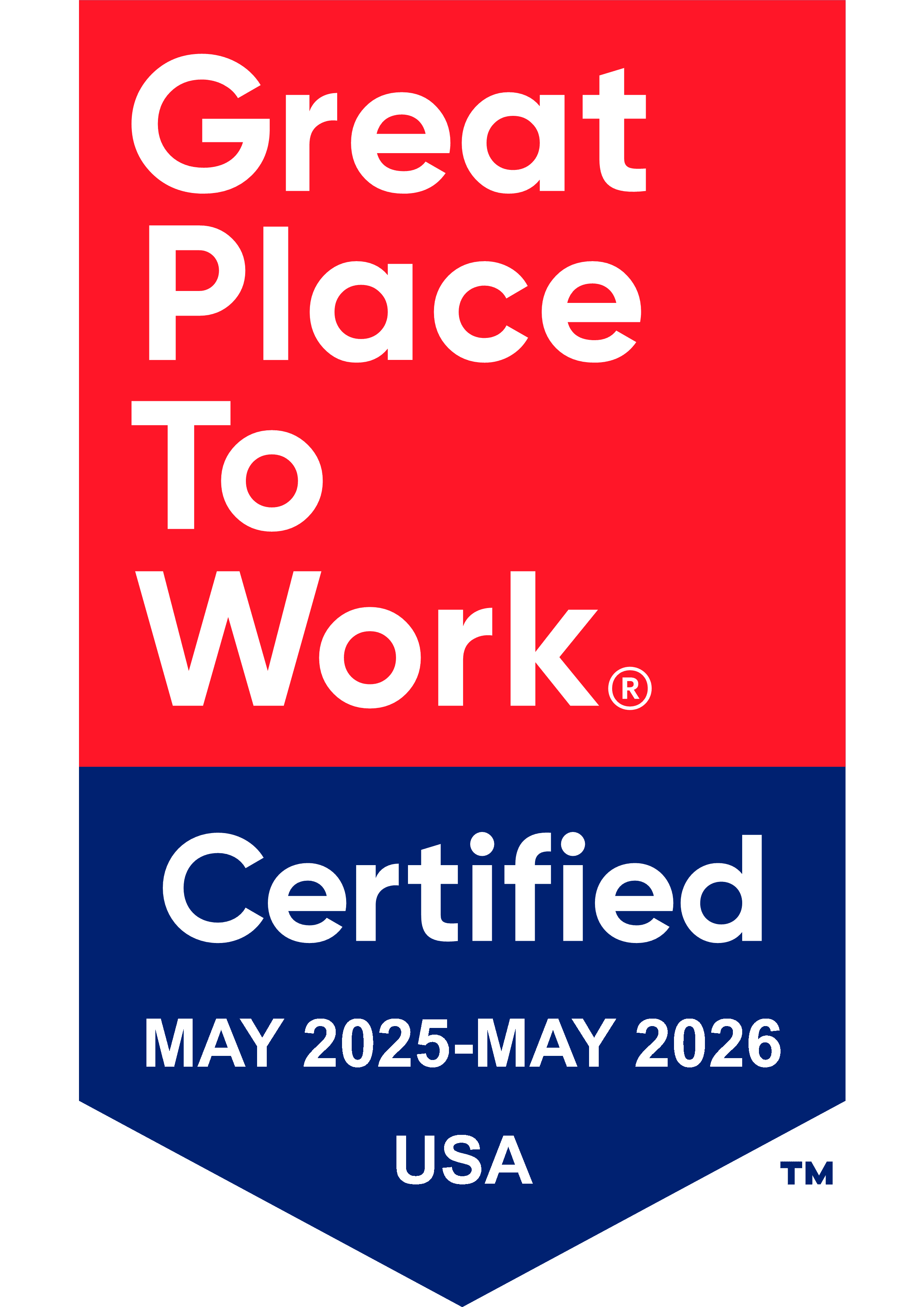Prevention and Wellness Starkville (PAWS), nestled in the college town surrounding Mississippi State University, has become a catalyst for positive change since becoming a Drug-Free Communities (DFC) coalition four years ago. Over the years, PAWS has navigated challenges, embraced opportunities, and emerged as a leader in its state for prevention efforts and mental health promotion.
PAWS’ journey began in 2020, amidst the backdrop of a global pandemic. Courtney Swan, the Project Coordinator at the time, recalled the difficulty of starting anew in the midst of uncertainty. With a background in clinical social work, Courtney found herself thrust into the realm of public health, facing the unprecedented task of leading a coalition during a time of remote work and social distancing. Despite these hurdles, PAWS’ participation in the Drug-Free Communities (DFC) program and attendance at the National Coalition Academy proved instrumental in shaping the coalition’s approach to community engagement and program implementation.
“The National Coalition Academy provided us the tools we needed to be effective in our work, and the opportunity to recognize our current limitations and areas for growth,” shared former Project Coordinator, Chris Ellzey.
One area that PAWS focused on strengthening as a result of attending the NCA was its partnerships with community and sector leaders to maximize their impact. Through proactive outreach initiatives, PAWS has actively engaged with key stakeholders, including local government officials, healthcare providers, educators, law enforcement agencies, and faith-based organizations. By establishing open lines of communication and building trust-based relationships, PAWS has cultivated a network committed to advancing the coalition’s mission. These partnerships have facilitated the sharing of resources, expertise, and best practices, enabling PAWS to leverage collective strengths and host joint initiatives, including community forums, training sessions, and awareness campaigns.
Another of PAWS’ key strategies include mental health promotion and increasing access to services. With a strong emphasis on youth involvement, PAWS established CORA (Combating Overdoses in Rural Areas), a campus student group which engages in various activities such as drug take-back days, Narcan trainings, harm reduction initiatives, and educational events. CORA serves as a platform for students to volunteer and contribute to prevention efforts, leveraging their important perspectives and resources to make a positive impact in the community.
PAWS has also encountered its share of challenges, most notably in data collection. Overcoming the hurdle of non-mandatory student surveys required innovative solutions, such as simplifying survey formats and building trust within the community. This challenge arose when PAWS initially distributed surveys in a private school, prompting a student’s concerns about questions regarding drug and alcohol use. PAWS learned valuable lessons from this experience, including the importance of informing students that they have the option to skip questions they do not want to answer. Additionally, they emphasized the necessity of ensuring that school boards and administrations are fully on board before conducting surveys. These lessons highlighted the significance of transparency, consent, and collaboration in data collection efforts for prevention programs.
Looking to the future, PAWS is committed to fostering collaboration, empowering parents, and sustaining their momentum towards positive change. PAWS Project Coordinator, Bobbie Jo Bensaid, outlines ambitious plans to work directly with parents, offering conversation starters and hosting community cooking classes to facilitate open dialogue around substance use prevention.
As PAWS continues its journey, their story serves as an inspiration to coalitions nationwide. Through resilience, perseverance, and a steadfast commitment to community wellness, PAWS has demonstrated that even in the face of adversity, positive change is possible. Armed with lessons learned and a shared vision for a healthier, more resilient community, PAWS stands ready to empower and uplift Starkville for years to come.


